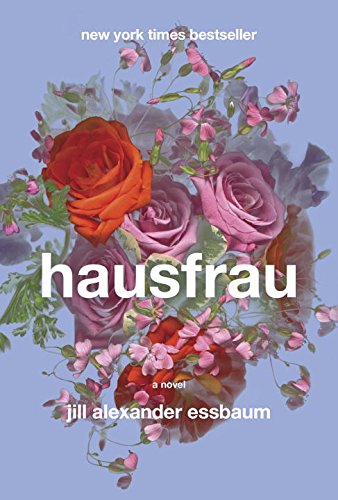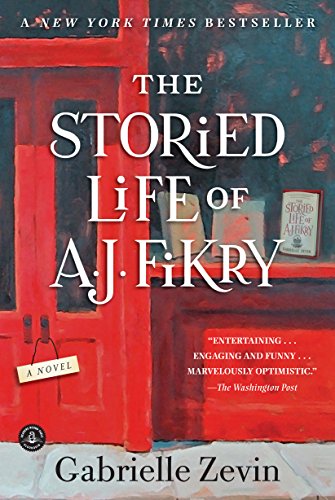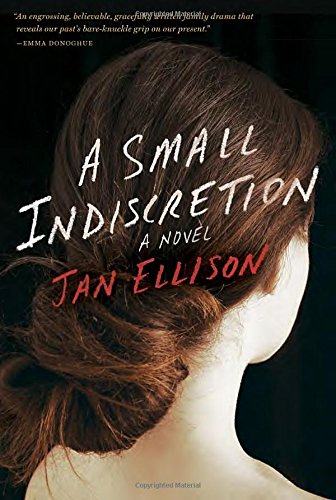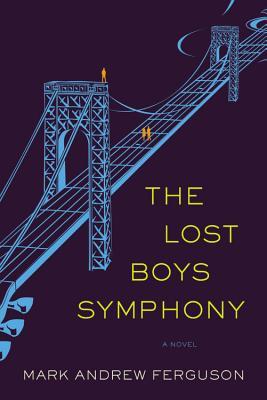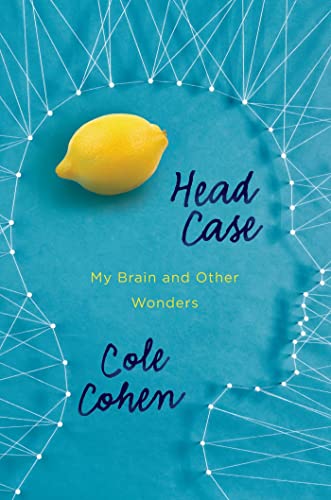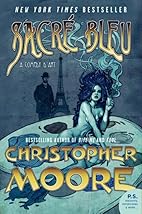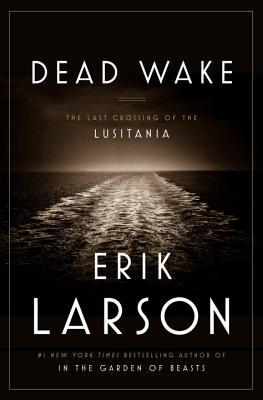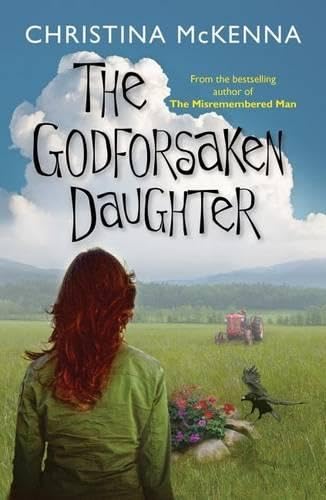Emily, Cathy, Max, and Beatrice meet in France on a Flaubert singles bike tour. They are quite different from each other and despite appearances, they are all on the tour for different reasons. Emily is a divorced single mother who is trying to make a go of freelance writing before her alimony payments stop and she's on the tour in order to write about it. Cathy is an earnest and chipper special education teacher whose fiancé left her at the altar and who truly wants to find her soul mate. Max is an incredibly fit, rather cynical personal trainer who was gifted the trip by a client. And Beatrice is a smart, elegant, older woman who had a years long affair with a married man and who still maintains that she is not looking for the settled comfort of an exclusive relationship. None of the women seem like they would become friends with each other and yet the trip and a rainy stay at a French auberge throws them together to make unexpected connections even in the face of so many differences. And perhaps they don't exactly become friends, having such varying outlooks on life, but when Cathy finds a copy of The Love Book, a book to help you find your soul mate, at the auberge, and it makes its way back to the states with the women, they stay connected.
Although the other women want to disappear back into their usual lives once they get home to the states, Cathy is determined to help everyone follow The Love Book's advice and find their soul mate. She sends each of the women their own copy of the book and organizes gatherings to check in on everyone's progress. The narrative flips from woman to woman as she faces the challenges and stumbling blocks in her own regular and romantic life at home. It is interesting to watch as each of the women pursues what she thinks she wants (or doesn't want) in her romantic life and as each of them face the mistakes they've made and the regrets they've had along the way. Emily is sort of the centerpiece of the ensemble cast of characters and her realizations are bittersweet. Cathy is the only one who truly wants to find the man she's meant to be with, taking the advice of the book but still misreading situations all over the place. But all of the women, in searching for, or shutting out, men, discover quite a lot about themselves and the ways their hearts work. In fact, it is not only predictable who the soul mates will be, but they aren't all that fleshed out as characters, being generally incidental in this story about the women's fears, insecurities, and small snobberies.
Solomon has written the antithesis of a traditional romance and poked a little bit of sly fun at these mega popular self-help books with their insubstantial, interpret-it-any-which-way advice. There are witty bits of writing that will make the reader snicker in appreciation and everyone should be able to find at least one of the four women sympathetic even if they each can be incredibly frustrating as well. As in classic works of romantic fiction, the women all suffer from unearned prejudices and first impressions that miss the mark, a nice nod to the literature that precedes Solomon's own work. The beginning of the novel takes a little work but then it find its groove and rolls smoothly along from there. And although the end is quickly wrapped up, it has a finished enough feel to it that the speed with which the pages end can be mostly forgiven. Over all, this is a lighthearted and entertaining look at the realities, in all their bumbling incarnations, of romance in the twenty-first century.
Thanks to LibraryThing Early Reviewers and the publisher for sending me a copy of the book to review.
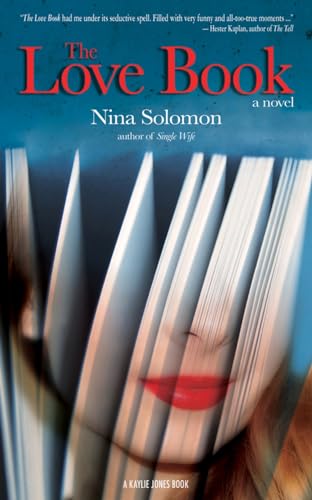
 Big reading week again. And per usual, the reviewing didn't keep pace. Story of my life. ;-) This meme is hosted by Sheila at
Big reading week again. And per usual, the reviewing didn't keep pace. Story of my life. ;-) This meme is hosted by Sheila at  Just one this week but it's one that my book club is wildly jealous about. ;-) This past week's mailbox arrival:
Just one this week but it's one that my book club is wildly jealous about. ;-) This past week's mailbox arrival:
